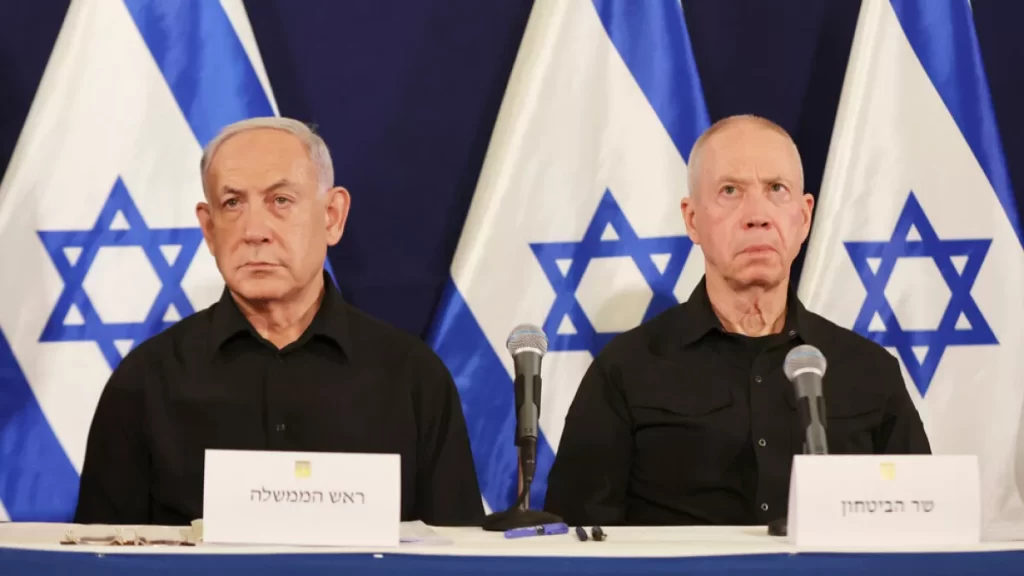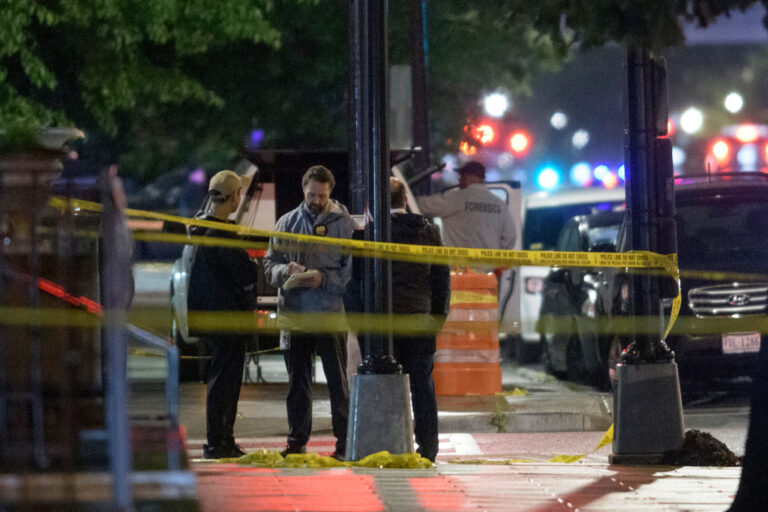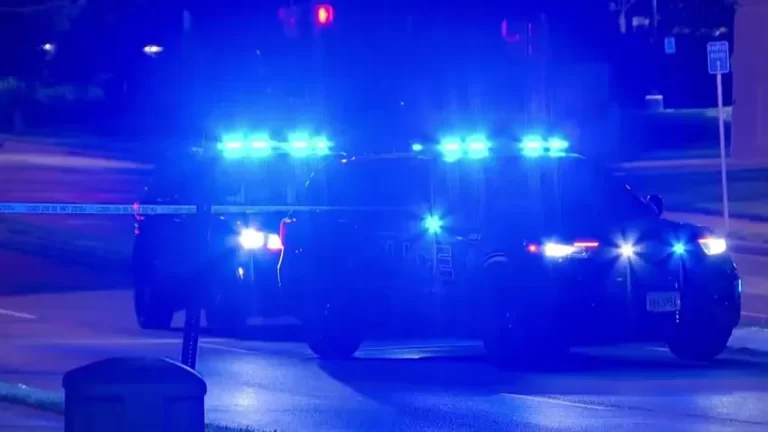
The International Criminal Court (ICC) has issued a historic arrest warrant for Israel’s Prime Minister, citing alleged war crimes committed during recent military operations in Gaza. This unprecedented move has sent shockwaves through the international community, further polarizing an already volatile geopolitical landscape.
The Charges
The ICC’s decision comes after months of investigation into allegations of indiscriminate attacks on civilian infrastructure, forced displacement, and violations of international humanitarian law during the ongoing conflict in Gaza. The court’s Chief Prosecutor described the actions as “serious breaches of the Geneva Conventions.”
While the specifics of the charges remain confidential, sources close to the investigation point to evidence gathered from satellite imagery, eyewitness testimonies, and reports from human rights organizations.
Israel’s Response
The Israeli government has categorically rejected the warrant, calling it a politically motivated move that undermines its right to self-defense. “The ICC has overstepped its mandate,” said a spokesperson for the Prime Minister’s office. “This is not justice—it’s an attack on the sovereignty of the State of Israel.”
The Prime Minister himself issued a defiant statement, declaring, “I will not be intimidated by this illegitimate and biased court. Our actions are in defense of our citizens against terrorism.”
International Reactions
The warrant has sparked a global debate. Supporters of the ICC’s decision argue that it sends a powerful message that no leader is above the law, even in the context of war. Advocacy groups have lauded the move as a step toward accountability for the civilian casualties and destruction in Gaza.
Conversely, critics argue that the ICC is singling out Israel while ignoring atrocities committed by other parties in the region. The United States, a long-time ally of Israel, has condemned the warrant, with a State Department spokesperson calling it “unconstructive and damaging to efforts for peace.”
Palestinian Perspective
For many Palestinians, the ICC’s action represents a long-awaited acknowledgment of their suffering. “This is a victory for justice and for every Palestinian who has endured unimaginable hardships,” said a representative of the Palestinian Authority.
However, some analysts caution that the warrant could escalate tensions, making the prospect of meaningful negotiations even more remote.
What Happens Next?
The ICC does not have its own enforcement mechanisms, relying instead on member states to arrest and extradite individuals. Given Israel’s refusal to recognize the court’s jurisdiction, it is unlikely the Prime Minister will face trial unless he travels to a country willing to detain him.
The move also raises questions about the ICC’s broader role in addressing war crimes. Critics argue that its lack of enforcement power undermines its authority, while supporters see the warrant as a moral statement that could deter future violations.
Global Implications
This development has profound implications for international law and diplomacy. It challenges the boundaries of state sovereignty, raises questions about the politicization of international justice, and could redefine the ICC’s role in conflict zones.
As the dust settles, the world will watch closely to see how this unprecedented situation unfolds—and whether it will lead to accountability or further divisions on the global stage.






